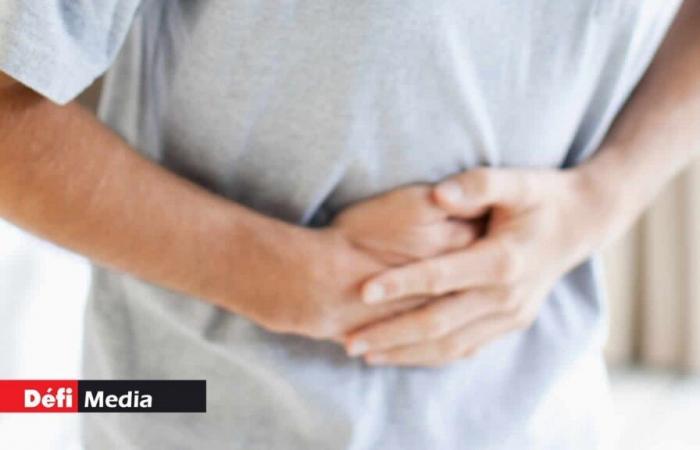From November 18 to 24, 2024, the Ministry of Health recorded 844 cases of gastroenteritis. A figure slightly higher than last year at the same time, when around 800 cases were recorded. This condition, although generally benign, can cause serious complications if not treated correctly. Common symptoms include frequent vomiting, diarrhea (often more than three times a day), colicky abdominal pain, and sometimes fever.
Anyone experiencing these symptoms should seek medical attention immediately. “Gastroenteritis can be easily treated if treated quickly. It is important to be examined,” says Dr Fazil Khodabaccus of the Ministry of Health. The latter calls for vigilance in the face of the spread of gastroenteritis, while recalling that the categories most at risk are children, the elderly and immunocompromised people.
In addition to the recent passage of Cyclone Bekhi, this increase in cases is also attributed to high temperatures, thus creating ideal conditions for the proliferation of pathogens responsible for gastroenteritis. These bacteria and viruses are transmitted primarily by the fecal-oral route, often through contaminated water or poorly prepared foods. “Water is a major vector of transmission in this type of infection. It is crucial to boil the water before consuming it to avoid any contamination,” emphasizes our interlocutor.
The Ministry of Health also recommends increased vigilance when preparing meals. “Food must be carefully cooked and handled under strict hygienic conditions. Fruits and vegetables must be washed well before being consumed, and meals must be protected from insects, which can also carry germs,” adds our interlocutor.
Rehydration, a priority
Severe dehydration remains one of the main risks associated with this disease. This is why when a case of gastroenteritis is diagnosed, priority is given to rehydration. “Gastroenteritis may seem trivial, but it can have serious consequences if hydration is not followed properly. It is essential for people suffering from heavy diarrhea and vomiting to rehydrate to prevent serious complications, especially for children and seniors,” says Dr Fazil Khodabaccus.
He recommends the use of oral rehydration solutions (serum), available in all health centers. These solutions help replace lost fluids and electrolytes. They are particularly effective in preventing dehydration. “You can prepare it and drink it throughout the day to avoid dehydration,” he advises.
Prevention actions to adopt
To prevent the spread of gastroenteritis, it is essential to follow several precautionary measures. These are :
- Boil water: It is essential to boil water before consuming it, even for preparing drinks. If in doubt about water quality, it is best not to take risks.
- Wash your hands regularly: Hand washing is a simple but essential action to prevent the transmission of infections. It is recommended to wash your hands after using the toilet, before preparing meals and before eating.
- Meal preparation: Meals must be prepared with fresh produce and cooked correctly. Fruits and vegetables should be washed thoroughly to remove all traces of contaminants. It is also important to cover meals to avoid exposure to insects.
- Avoid questionable foods and drinks: It is not recommended to consume foods from unverified sources or in questionable hygienic conditions, especially at outdoor markets or food stalls.






